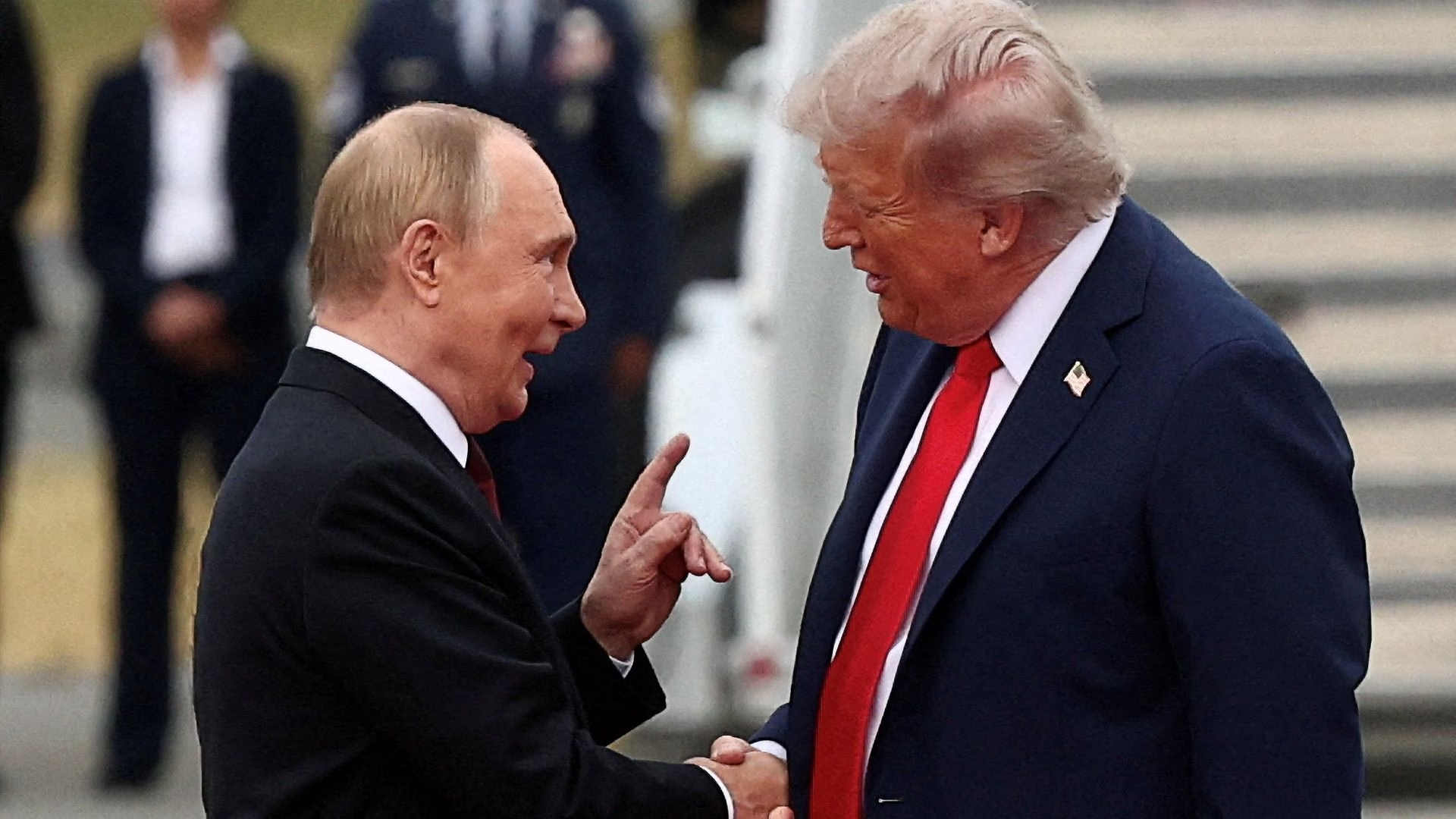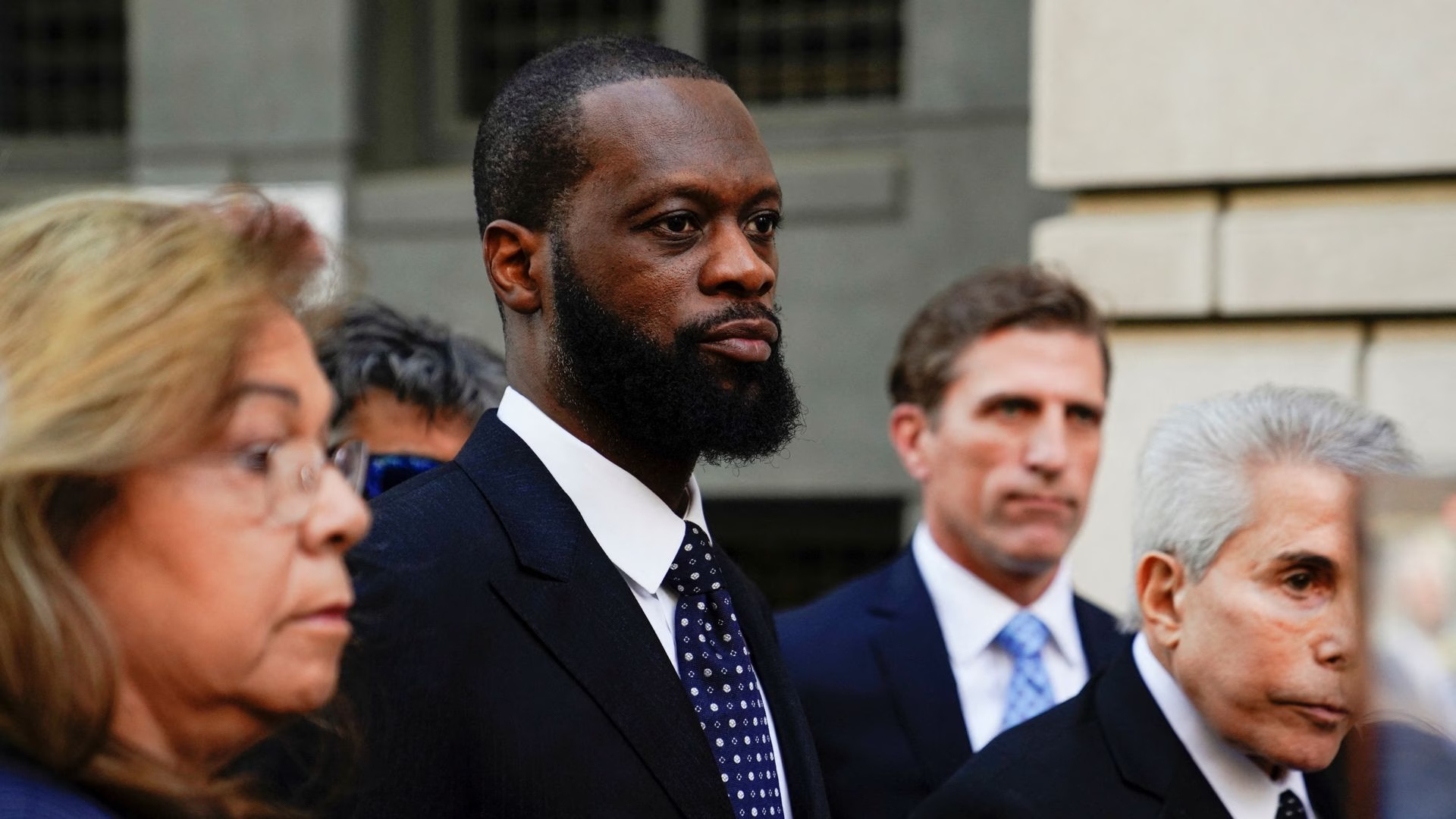
Trade unions in France are carrying out another day of widespread nationwide strikes, heaping pressure on the newly appointed Prime Minister Sebastien Lecornu to reverse an existing austerity programme and halt any new public spending cuts.
France’s Ministry of the Interior said approximately 85,000 people had turned out across the country by midday on Thursday, excluding Paris – a figure lower than a strike two weeks earlier, which drew much larger crowds, indicating lower overall turnout.
- list 1 of 3Macron feels the heat as French workers protest his budget cuts
- list 2 of 3France’s big protest: Who’s on strike, why and what’s next?
- list 3 of 3Nicolas Sarkozy found guilty of criminal conspiracy: What we know
end of list
Police said 500,000 people attended the last demonstrations, while trade unions put the figure at one million. The protests led to clashes across France’s cities between the demonstrators and police, with the latter firing tear gas and arresting about 140 people across the country.
France deployed some 76,000 police officers, including gendarmes across the country for the protests, outgoing Interior Minister Bruno Retailleau said on Thursday, including 5,000 in Paris, where between 20,000 and 40,000 people are expected to take to the streets.
Authorities said they expected 250 rallies to take place in cities across the country.
Two major strikes organised by trade unions have taken place this month and have been triggered by widespread opposition to an austerity budget that the country’s leadership has been trying to push through parliament.
President Emmanuel Macron’s most recent prime minister, Francois Bayrou, became a political casualty earlier this year of an unpopular budget that would have imposed 44 billion euros ($52bn) in cuts to local government spending and health, along with a freeze on government expenditure, to bring Paris’s growing deficit and debt challenges under control. Bayrou has previously described France’s debt as “life-threatening”.
Advertisement
France has struggled for years to rein in its ballooning deficit and mounting debt, with successive governments confronting fierce public resistance to spending cuts.
The current impasse reflects a broader political paralysis. Macron’s government lacks a parliamentary majority and faces a fragmented opposition that agrees on the need to cap spending but not on how the burden should be shared.
Lecornu has promised to change the course of his predecessor but told Le Parisien newspaper that delivering on the issue would affect the country’s financial credibility and eventually its households. “The IMF isn’t at the gates of Bercy. But pretending that we can let things slide without impact on our fellow citizens isn’t true either,” he said.
Union leaders have warned Lecornu, a former defence minister, who is yet to name a cabinet, against trying to propose a similar budget, and have been pushing for a wealth tax, in addition to a reversal of earlier measures, which included a change to pensions and pushing France’s retirement age from 62 to 64.
The unions have said they want “fiscal justice”, which they have said would shift the responsibility for maintaining public services fairly across society.
Lecornu is expected to share his budget in the coming days.
Sophie Binet, the leader of the General Confederation of Labour, one of France’s largest trade unions, told local media, “waffle-talk or half-baked measures won’t solve this problem. We must respond to social demands and definitively bury all the sacrifices for the working world planned in the Bayrou copy.”
Binnet added that the “social anger is enormous” and wasn’t going to stop.
Manuel Bompard, a leader in the left-wing La France Insoumise party said these were “very political mobilisations” which were against “the policies of the government and the President of the Republic”.
British Caribbean News


